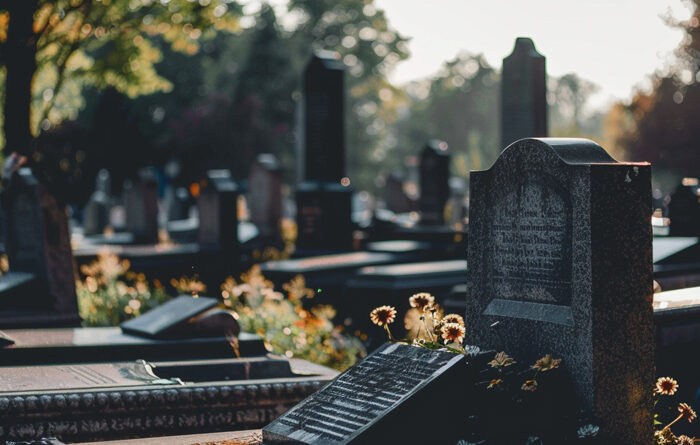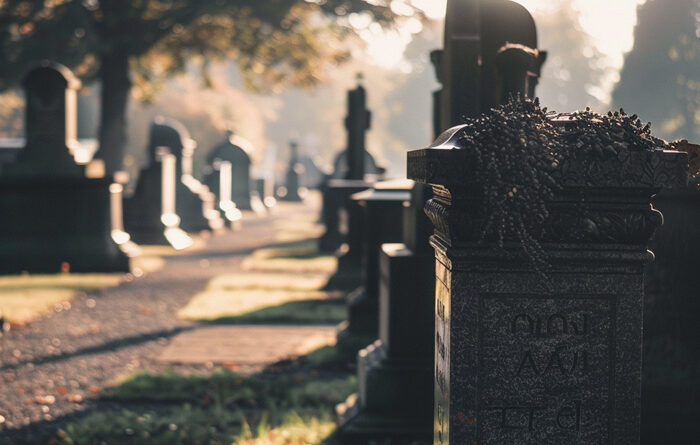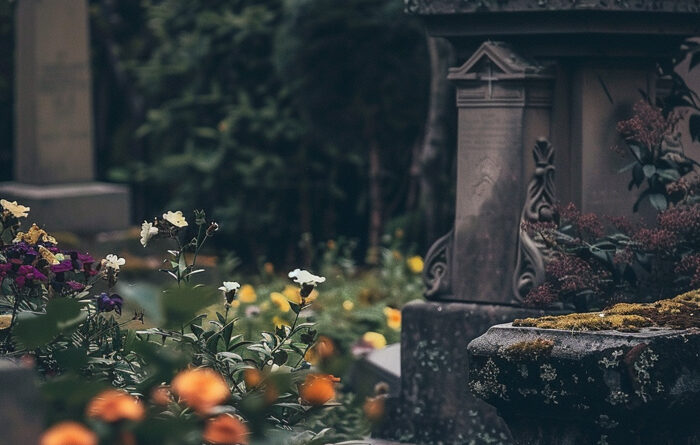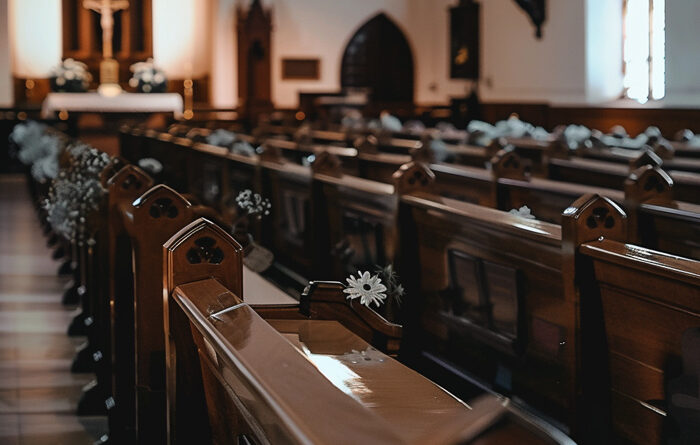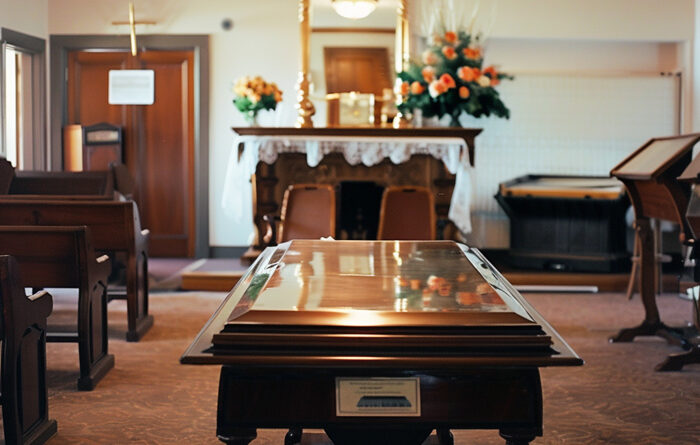
An Overview of Jewish Funeral Traditions and Services in Miami
Jewish funeral traditions hold deep religious significance and resonate with solemn respect for the deceased. In Miami, these time-honored rituals blend ancient customs with the services provided by local funeral homes, reflecting the community’s high regard for these sacred practices. This article offers an in-depth look at the funeral traditions and services adhered to by the Jewish community in Miami.
Jewish funerals are characterized by various rites aimed at showing reverence to the deceased, starting from the time of passing to the conclusion of the burial. The core belief that dictates these practices is kavod ha-met, or honoring the dead. For those unfamiliar, the process may seem complex, but with a closer look, the inherent beauty and respect of these practices become clearer. To ensure that a Jewish funeral in Miami observes the correct traditions, funeral homes that specialize in these services are essential.
Immediate Actions After Death
The period immediately following death is critical in Jewish tradition. Once a death is confirmed, the saying of Shema, a declaration of faith, usually takes place. This is followed by the ritual of shmira, where a guardian or shomer watches over the deceased until the burial, continually reciting psalms to comfort the departed soul. Funeral homes in Miami accustomed to Jewish services understand the importance of overnight vigilance and accommodate this practice with provisions for a shomer.
The Preparation of the Body: Tahara
An essential aspect of Jewish funeral practice is the purification of the body, known as tahara. This ritual cleansing respects the belief that the body should return to the earth in its most pristine state. Done by a special group of men (for males) or women (for females) called the Chevra Kadisha, which roughly translates to “holy society,” this procedure is conducted with great respect and solemnity. The community in Miami supports these societies, ensuring that members trained in these rites are available to perform tahara with the dignity it requires.
Following the tahara, the body is dressed in simple white shrouds, symbolizing equality in death. The specific garments, known as tachrichim, are intentionally modest and without pockets, echoing the belief that one departs the world with nothing but one’s deeds.
The Funeral Service
The funeral service itself, primarily conducted in Hebrew, consists of reciting the eulogy or hesped along with prayers focused on the life and merits of the deceased. Miami’s Jewish funeral homes offer families spaces in which to gather, reflective of traditional simplicity and solemnity. Calm, understated decor and sufficient seating to accommodate mourners are expected. The local community respects the preferences of different Jewish denominations, from Orthodox to Reform, and ensures that funeral services are accessible accordingly.
During the service, a prayer known as El Malei Rachamim is recited, pleading for the soul’s peaceful rest. The service often concludes with the memorial prayer, the Mourner’s Kaddish, which affirms God’s sanctity. It is a hallmark of strength and faith even in the face of grief. The gathered individuals may also participate in acts of chesed shel emet, or true loving kindness, seen in the finality of burying the deceased, which is considered a selfless act because one cannot be thanked by the deceased.
Interment Customs
Key to the interment process is the concept of k’vura b’saret, burial in the earth. Traditional Jewish law dictates that the body should return to the earth without delay, signifying the natural cycle of life. Burial typically occurs as soon as possible after death, adhering to the principle of respect for the deceased by not delaying the funeral. Miami’s Jewish cemeteries and funeral homes make preparations swiftly to honor this requirement.
A custom that reflects participation in the mitzvah of burial is the throwing of three shovels of earth onto the casket. Mourners in attendance often partake in this ritual. The sound of the earth hitting the casket serves as a stark reminder of mortality and commands deep reflection.
Shiva and Mourning
Post-burial, the family enters a week-long mourning period known as shiva, where normal activities are suspended, and the focus shifts to reflecting on the life and legacy of the departed. In Miami, local synagogues and community organizations are quick to provide support during shiva, with many offering services to facilitate prayer sessions and meals for the bereaved family. The tradition of sitting low to the ground symbolizes being brought low by grief, and it is common to see homes arranged in a way that accommodates this practice.
After shiva, there are extended mourning periods known as shloshim and yahrzeit, which allow the family time to gradually reintegrate into normal life while still honoring their loved one. The community’s role in sustaining these customs and providing the necessary support cannot be overstated.
Conclusion
Jewish funeral traditions in Miami cater to a diverse community with profound respect for the religious guidelines and sensitivities intrinsic to these solemn times. Funeral homes in the area offer the services needed to carry out these practices, from the watchful presence of the shomer to the accommodating spaces for funeral services. The dedication with which the Jewish community in Miami approaches death reflects a profound understanding of life’s value and the respect that it demands, even in its conclusion. While the loss of a loved one is filled with grief, the comforting embrace of tradition and community provides a path to solace and healing for those who mourn.

What are the traditional timing and scheduling for Jewish funerals in Miami?
In Jewish tradition, funerals usually take place as soon as possible after death, often within 24 to 48 hours. However, in Miami, arrangements might vary depending on family needs, the availability of a rabbi or the funeral home’s schedule. Immediate family members traditionally observe a seven-day mourning period called shiva, which begins after the burial.
Are flowers appropriate at Jewish funeral services in Miami?
Flowers are not commonly present at Jewish funerals as they are in some other cultures. The Jewish burial tradition focuses on simplicity and returning the body to the earth in a natural state, often reflected in the choice of a plain wooden casket and avoidance of extravagant displays such as flowers. Instead, it is customary to honor the deceased by giving tzedakah (charitable donations) to a cause they cared about or to the family’s preferred charity.
Can non-Jewish friends attend a Jewish funeral in Miami?
Yes, non-Jewish friends are welcome to attend a Jewish funeral service. Respect for the family’s traditions and customs is appreciated. It is recommended that attendees dress modestly, and men are often expected to wear a head covering, which is usually provided by the funeral home. It’s also essential to follow the family or rabbi’s lead during the service, such as standing or sitting at appropriate times.

